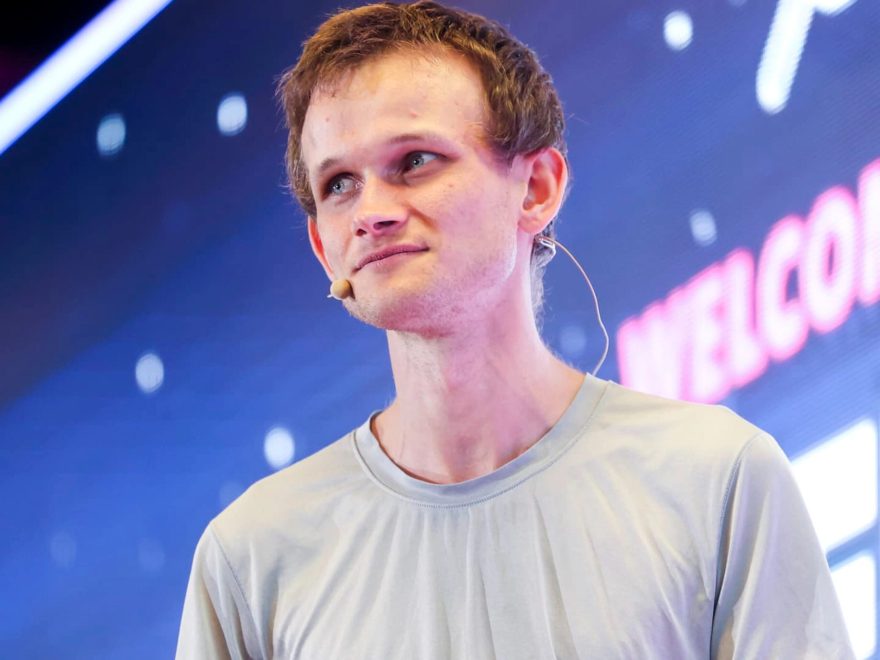Ethereum co-founder Vitalik Buterin recently expressed his concern over Worldcoin, one of the most recent projects in the crypto community, which launched on Monday. The launch of Worldcoin has sent the whole industry into a frenzy, with trading and price metrics showing many investors have jumped on the bandwagon in a matter of hours.
On the other hand, notable figures such as Buterin have voiced their concerns over the Worldcoin ecosystem. As someone who’s been in the crypto world for years and helped build one of the largest blockchain platforms, Buterin’s warnings are worth listening to.
Buterin Highlights Major Issues Concerning Worldcoin
Buterin took to a lengthy blog post recently to sound the alarm about Worldcoin’s technology, saying their iris-scanning hardware and biometric data collection practices raise major privacy concerns, among others.
Worldcoin is a project created by Sam Altman, CEO of AI research and deployment company OpenAI. According to the company, Worldcoin’s aim is to incorporate a proof-of-personhood system to provide a World ID “digital passport” for humans in an era that’s seeing a major rise in the creation of AI bots. To get a World ID, a customer signs up for an in-person iris scan using Worldcoin’s orbital scanner.
Once the orb, which is approximately the size of a bowling ball, verifies the person is a real human, it creates a World ID before giving them free Worldcoin (WLD) tokens which are ERC-20 utility tokens with governance properties on the Worldcoin protocol.
Privacy, Security, And Accessibility Among List Of Concerns
The company claims its biometric identification system is secure and privacy-focused. However, Ethereum founder Vitalik Buterin has warned that Worldcoin’s iris-scanning technology could be prone to abuse of the data of users who have scanned their iris. Since the scans are stored in the company’s database, iris scans might reveal more information, including a person’s sex and ethnicity.
Another issue Buterin mentions is the accessibility of the project. According to Worldcoin, two million people were involved in its beta period and there are plans to make available 1,500 Orbs in 35 global cities in 20 countries.
Buterin compares this to the availability of smartphones, noting registrations could dwindle quickly since it would be hard to get an Orb within five kilometers of everyone, especially those in underdeveloped countries.
“But while there are billions of smartphones, there are only a few hundred Orbs,” Buterin’s blog post reads.
The Ethereum co-founder believes a better way to provide accessibility is using Proof of Humanity systems which users sign up for using only a smartphone.
Buterin is also concerned about the Worldcoin Foundation’s ability to insert a backdoor into the system. Since the iris scanners are hardware devices, they lack complete decentralization and are prone to manipulations from the foundation.
The last and most pressing concern is security. Iris scans, like other biometric data, can’t be changed if compromised and stolen. Buterin cautions that once hackers gain access to someone’s iris scan data, it’s permanently at risk of being misused for identification and authentication. There is also a possibility of 3D-printing “fake people” that can pass the iris scan and get World IDs.
WLD Token Performance
Like every other token, WLD can be bought and sold on exchanges. The price of WLD tokens has risen significantly since its launch. WLD is currently trading at $2.54 and is up by 52.36% from its launch price.
WLD price declines to $2.199 | Source: WLDUSDT TradingView.com
